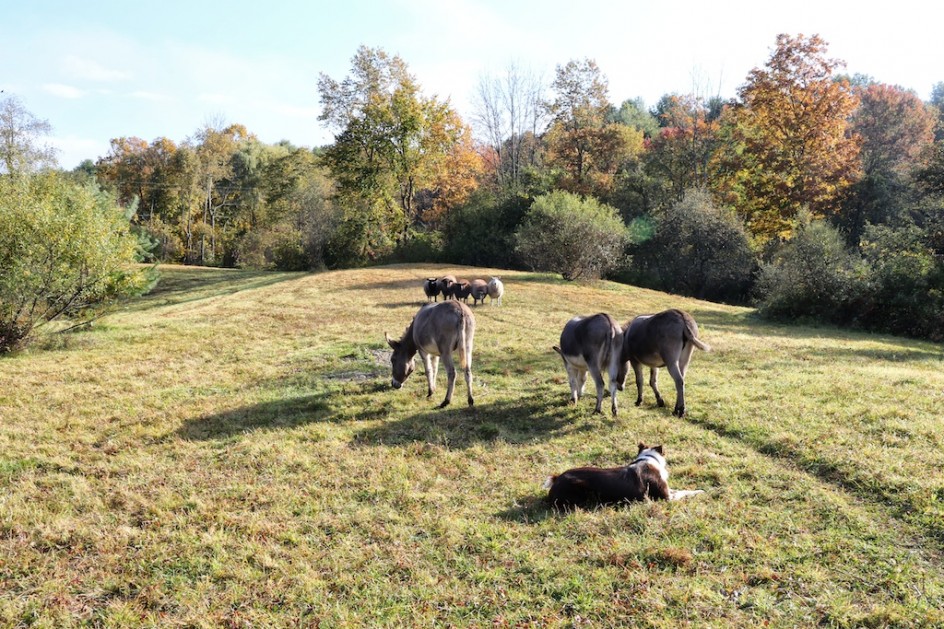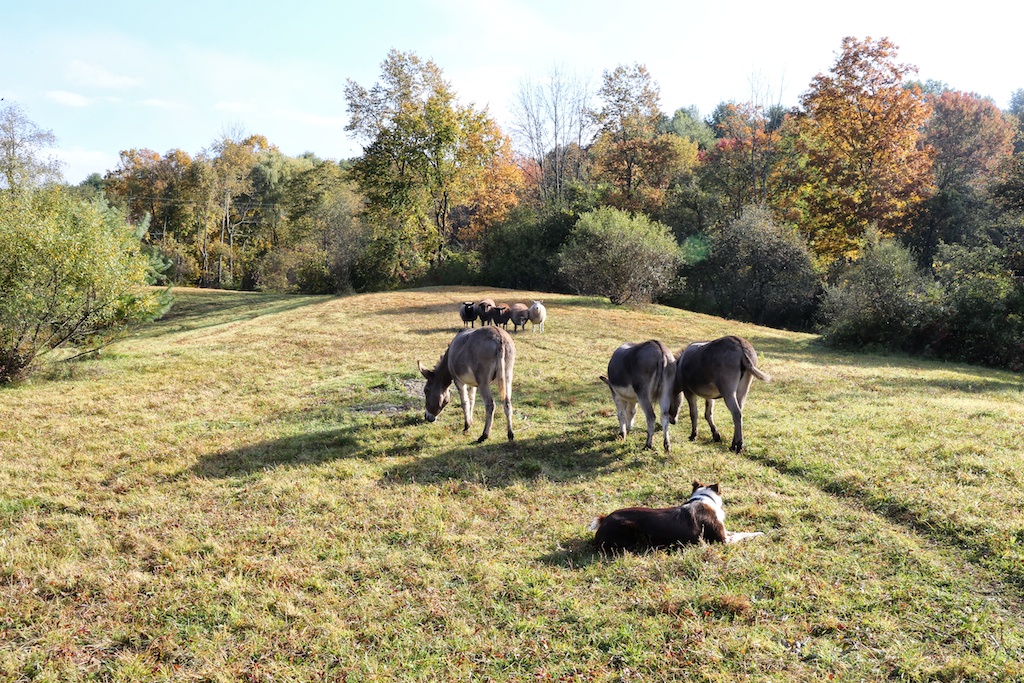
Identity is the foundation of self, I think, it is for me a fundamental human right to define myself, to know who I am and speak up for my identity. I am often struck by how social media and other information technologies are, like life itself, such a mixed blessing, so good and so bad, so useful and so challenging, so valuable and so destructive.
In America, we create technologies, we never consider them until it is too late, that is the tragedy of technology, every new thing brings something and takes something away. Mary Shelley was a prophet, she saw our future.
I use social media all the time to connect to my readers and to promote my blog and my work, and it has been a good and effective tool for me. I love parts of it and hate parts of it, that is the story of technology.
New technologies like Facebook are very powerful, we are swept up in them before we really have a chance to think about it. They also challenge boundaries and identity, prey on weaknesses and fear in ways that are so important to consider but rarely are. Our political and religious leaders rush to collect our “likes” but never help us understand to what they really mean. I find almost daily that I am setting boundaries in this new kind of world, and the end result has been to strengthen my own sense of identity, as I am continuously called upon to say what I am not, and thus what I am.
I have found this new media difficult when it comes to identity, perhaps it’s greatest challenge for me. Who I am matters to me, identity is my legs when it comes to standing in my truth. I am finding my voice, learning who I am, I have worked hard at it, I nearly left this world without finding it. I am sharing my life, not surrendering it.
I do not permit other people to tell me what I am any longer, I did it for many years and I find that so many people – women especially – have worked so hard on this question of finding their voice and defining themselves, they understand it viscerally and quickly, I have seen Maria do it, she has seen me do it. It has been a wondrous element in our relationship.
I often – always – find myself often telling people what I am not, which is an inverse way of building identity. It is frustrating, diminishing to be told who you are. I have learned not to do it to people, not to define them. If you know what you are not, then it follows you will discover who you really are. Especially if you have to say it often enough.
Some days I have to say that I am not a dog trainer. Other days I have to say I am not a vet. I am not angry. I sometimes have to tell people I am not defined by dogs or by any animal. I often have to say that I am not on the “left” or on the “right.” Social media sparks this reflexive kind of labeling, this growing tendency to make assumptions about who they are, rather than ask them or listen to them or bother to find out. I sometimes want to call out, “hey, why don’t you ask me who I am? I will be happy to tell you.”
Facebook encourages communications and connections but not thinking. It is impossible to think about all of the messages we see. Comments are so quick and reflexive, thoughts reduced to instant “likes” or “unlikes” or “notifications” or “shares.” Many people are dissatisfied with “likes,” they want “loves,” and I am sure Facebook will oblige. What could be better than instant and unconditional love with the flick of a thumb?
In a curious way, Facebook is an emotional medium, not a thinking one. People transmit symbols rather than words, and they can communicate with so many people so quickly that the very meaning of a message has been transformed. People we disagree with can be banned or blocked in an instant, their comments shared, hidden or deleted. “Likes” are addictive things, I see, a way of connecting with people without speaking to them or thinking about them, a way of saying hello without making any contact at all. I don’t care for “likes.” I’d still rather send a message than a “like.”
I am deeply touched by the letters I receive in my new Post Office Box, they are echoes of another world, a vanishing one, they remind me of what social media and new messaging systems has taken from us, the chance to consider what we say, think about what we do. The change for messages to be read, to linger a bit, to make some small dent in our consciousness, to change and touch us. Few people on social media sites can really absorb messages, the top of their heads would come off. Is this one more reason why people are forgetting how to talk or negotiate with one another?
On one of the wonderful Open Groups I maintain on my Facebook Page, I found myself pleading with some members to actually think about ideas before commenting on them, before “liking” them, rejecting them, running from them, arguing about them without even pausing to absorb them – the options on Facebook allow us to do everything but think and wait. I am not hurting you or trying to frighten you, I say, I am trying to talk with you – I am not, I am not – but the very idea is smothered in a barrage of notifications and shares and fears.
Is this my fault? Am I doing something wrong?, another blow to identity. But I will never know, no one will talk to me about it. I am not doing anything wrong, I am just offering an idea. I am constantly reassuring people, they are constantly reassuring me? Is something wrong? Am I in trouble? Are you? And how strange, I am about as frightening as an eggplant, just ask my dogs or donkeys or wife. I am not frightening.
Every time I mention an idea, I take a breath and brace myself for all of the messages that are not really messages, all of the responses that are not really responses, not yet formed or considered, all of the worries and objections. Of course this will happen, no one knows who I really am. I am used to it, I plan for it, one idea and several hours reassuring people about it. Ideas are not rarely shared on Facebook, they don’t live long enough, they are old and swallowed up in the ether in seconds, lost in the great ethereal swirl of cyberspace, it sometimes seems like a dream to me, a writer and a man caught firmly between two worlds, committed to both. There is an identity crisis.
I am figuring it out. I am committed to it. It is a pathway for me, I am learning who I am.
A person online scolded me for not being more sympathetic to a grieving cat lover in a bookstore line who would not move on. I am not a therapist. I am a writer in bookstore line. Everywhere, boundaries vanish, identity is coerced and manipulated. You hate animal rescue, someone told me on Facebook. I do not, I am surrounded by rescued animals.
You have all the time in the world to do what you want, wrote one person on Facebook the other day, I wish I could be you. I have no time. You are an angry man, a bully, wrote another. I am not a bully. You are a saint, a prophet, you have no idea how much good you do in the world. I am not a saint. You are the luckiest man on earth, wrote one man, another said I loved my dogs more than people. You can cure your own diabetes, someone wrote. It is easy to do if you have faith. It is not.
I am committed to change, to learning and understanding it, to remaining relevant in our dizzying world. Every day I am challenged to say who I am, and the irony is that is strengthens me, because I am coming to know me, believe what I say about who I am.
Every day, other people are telling me who I am, and will continue to tell me who I am, and curiously, my answer to them is always the same: I am you, really, I am just the same. I am no different than you. I am a human being trying to figure out who I am and where I belong in the world.

